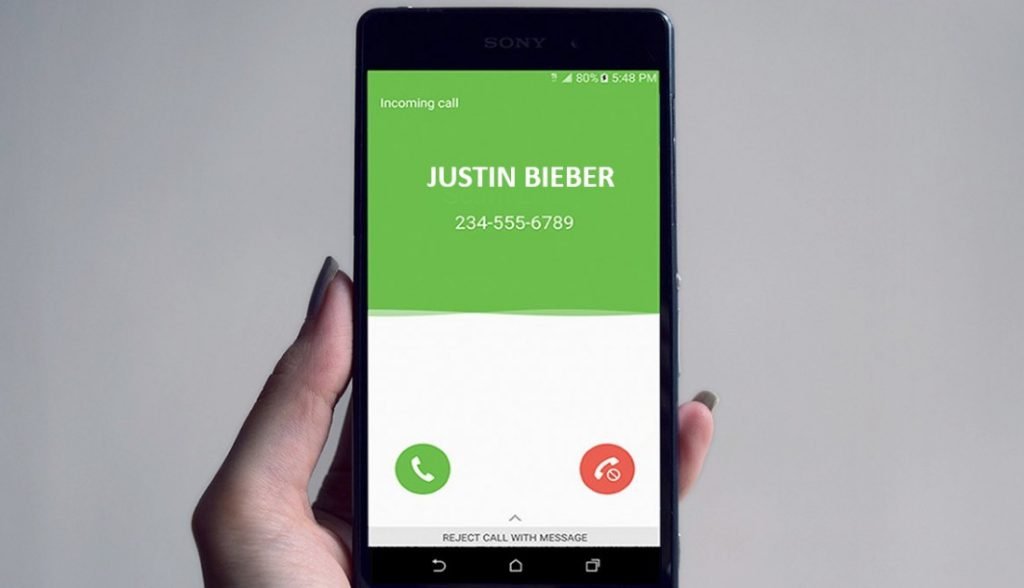Authorities in the state of Delaware, US, have received multiple reports of fraudulent phone calls allegedly related to the State Police phone number. According to information security experts, the inhabitants receive calls from alleged police officers requesting some personal data, in a variant of the attack known as ‘spoofing’.
Phone spoofing is a form of identity fraud employed by a caller ID forger, in this case, attackers pose as state police agents to trick victims into forcing them to hand over useful confidential information to some other fraudulent activities or to get money transfers.

The recipient is convinced that a family member needs a money transfer, because they have suffered an injury, have been involved in traffic accidents, or other possible scenarios. The perpetrators try to raise the most emotional situation possible, even resort to crying to make the victim of the scam fall into their game. According to information security experts, in the case of Delaware, fraudsters pose as cops or detectives, demanding victims make payments for alleged arrears, or even threaten to undertake a legal process in case not to receive payment.
“We want to remind citizens that the Police Department does not request the payment of fines, taxes or bonds through phone calls. These payments are managed by the respective justice systems; please ignore these fraudulent calls,” says a statement from the Delaware Police.
Although it seems like a rudimentary fraud technique, spoofing is still practiced on a large scale, and its execution is little complex, so it can become a profitable activity for groups of threat actors. As if that wasn’t enough, there are multiple services available on the market to change a number displayed on the caller ID, so these malicious campaigns are available to anyone.
Information security experts from the International Institute of Cyber Security (IICS) bring a list of advices to avoid becoming victims of phone spoofing:
- Be very careful with calls from unidentified individuals requesting personal information
- Do not answer calls from unknown numbers
- Avoid answering questions posed by attackers
- If you receive a call from an alleged representative of a public company or institution, hang up the phone and report it to legitimate organizations
In the case of mobile security, there are also tools to block potentially malicious phone numbers, which can help you consolidate a good security environment in your phone calls.

He is a well-known expert in mobile security and malware analysis. He studied Computer Science at NYU and started working as a cyber security analyst in 2003. He is actively working as an anti-malware expert. He also worked for security companies like Kaspersky Lab. His everyday job includes researching about new malware and cyber security incidents. Also he has deep level of knowledge in mobile security and mobile vulnerabilities.











